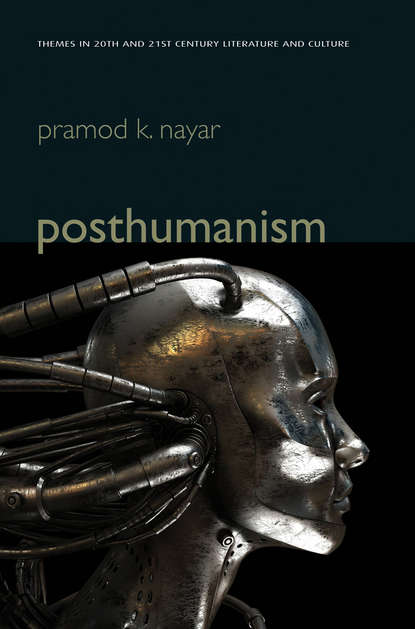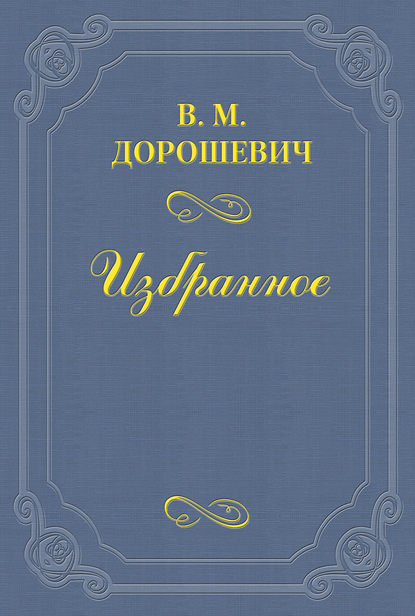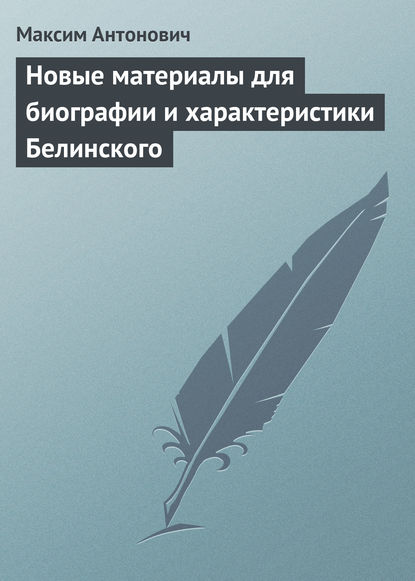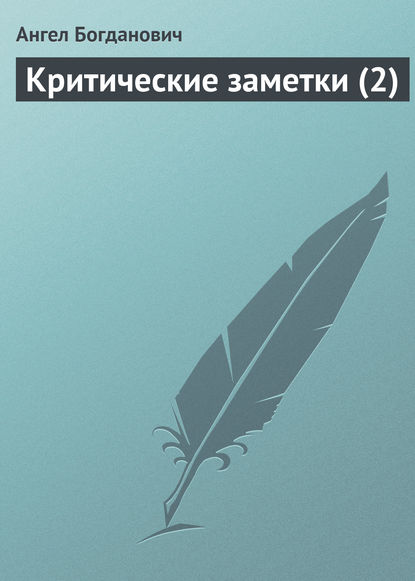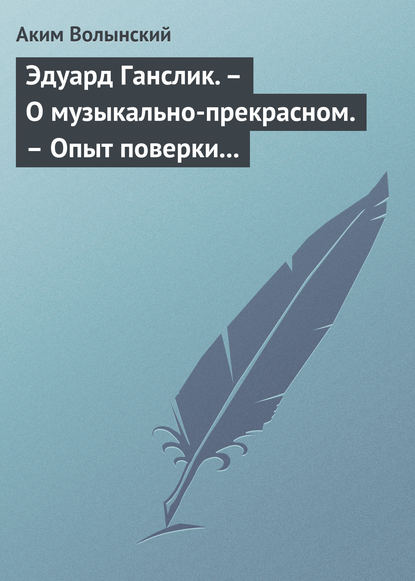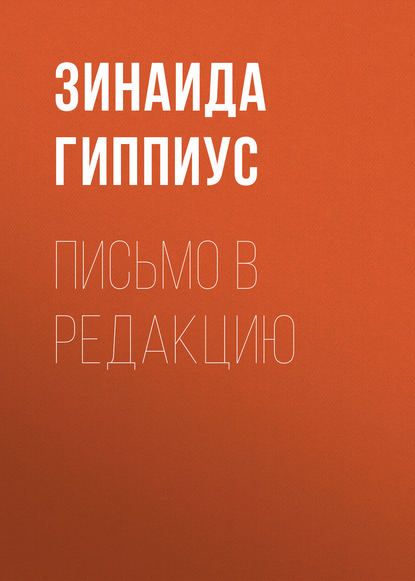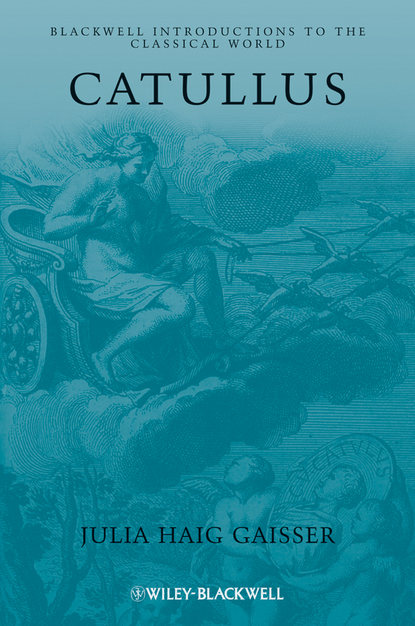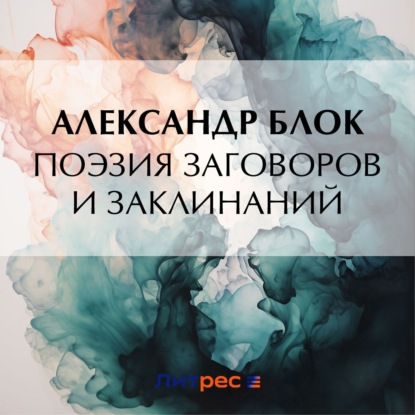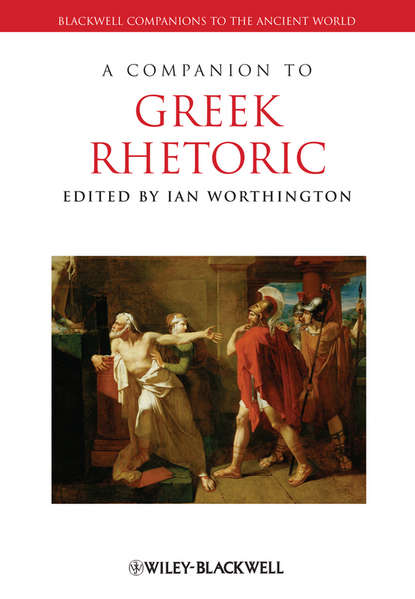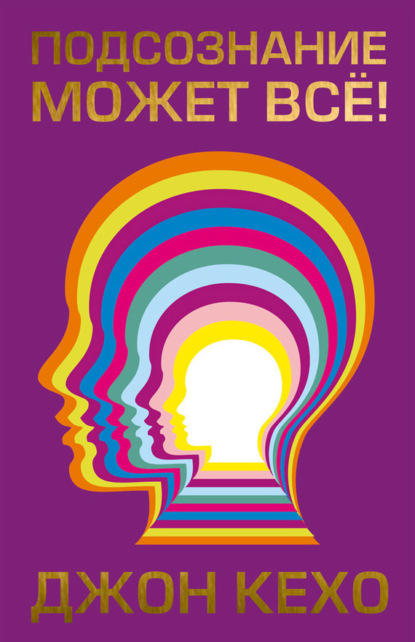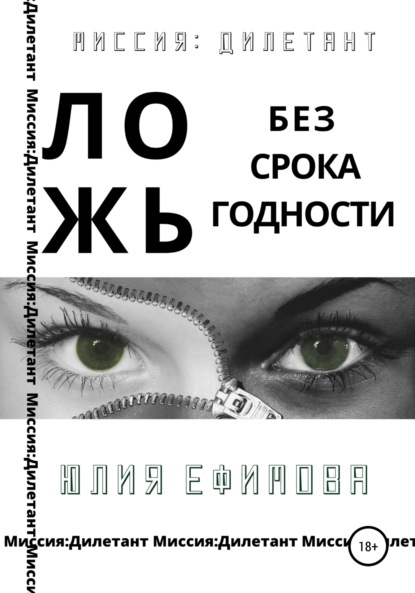Книга "Постгуманизм" рассматривает возникновение постгуманизма как материального состояния и развивающегося философско-этического проекта в эпоху клонирования, генной инженерии, трансплантации органов и имплантации. Автор книги, Наяр, начинает с картографирования политических и философских критик традиционного гуманизма, раскрывая его исключительный и "видовой" политику, которая позиционирует человека как отличающуюся и доминирующую форму жизни. Затем он контекстуализирует видение постгуманизма, которое, опираясь на биомедицинские, инженерные и технонаучные исследования, приходит к выводу, что сознание человека формируется его коэволюцией с другими формами жизни, а наша форма человека неизбежно влияет на нас инструментами и технологиями. Наконец, книга исследует корни постгуманизма в исследованиях инвалидности, зоологии и биоэтике, чтобы подчеркнуть сконструированную природу "нормальности" в телах, а также уникальность видов и самой жизни. Как показывает эта книга, постгуманизм обозначает радикальную переоценку человека как существа, состоящего из симбиоза, ассимиляции, различия и зависимости от других видов. Разбираясь в этом глубоком исследовании, "Постгуманизм" будет бесценным справочником для студентов культурологии и современной литературы.
This timely book examines how the humancentered concept of humanism is being challenged by thought and practice in areas such as bio-medicine, genetic engineering, implant technology and organ transplantation.
Author Pramod K Nayar begins by outlining the various political and philosophical obstacles faced by humanism and describes why humanism fails to consider life forms other than 'ours' (humans). Nayar accurately puts forward the viewpoint that the exclusionary approach to humanism leaves out many different ways of experiencing life and claiming individual or group identity.
The author then moves on to discuss how the new frontiers of bio-technology and neuroscience are leading to a newly inclusive vision of consciousness as being enormously shaped by the alliance between minds and brains of not only those with human DNA but also those who share evolutionary pathways with us.
In highlighting the important contribution offered by post-humanism to discourse concerning relationships between species, the book draws attached attention to the possibility of seeing new understandings of normality within and outside the body and a questioning of the singular nature of 'humanity' itself.
By demonstrating how the growing movement of post-human thought challenges the boundaries of traditional notions of norm and abnormality, this valuable book opens up exciting new vistas for exciting discussion within such pertinent areas as disability theory, socio-analysis of gender identity, cultural industries and thinking about the future direction of ethical and political theory.
Электронная Книга «Posthumanism» написана автором Pramod Nayar K. в году.
Минимальный возраст читателя: 0
Язык: Английский
ISBN: 9780745688558
Описание книги от Pramod Nayar K.
This timely book examines the rise of posthumanism as both a material condition and a developing philosophical-ethical project in the age of cloning, gene engineering, organ transplants and implants. Nayar first maps the political and philosophical critiques of traditional humanism, revealing its exclusionary and ‘speciesist’ politics that position the human as a distinctive and dominant life form. He then contextualizes the posthumanist vision which, drawing upon biomedical, engineering and techno-scientific studies, concludes that human consciousness is shaped by its co-evolution with other life forms, and our human form inescapably influenced by tools and technology. Finally the book explores posthumanism’s roots in disability studies, animal studies and bioethics to underscore the constructed nature of ‘normalcy’ in bodies, and the singularity of species and life itself. As this book powerfully demonstrates, posthumanism marks a radical reassessment of the human as constituted by symbiosis, assimilation, difference and dependence upon and with other species. Mapping the terrain of these far-reaching debates, Posthumanism will be an invaluable companion to students of cultural studies and modern and contemporary literature.
